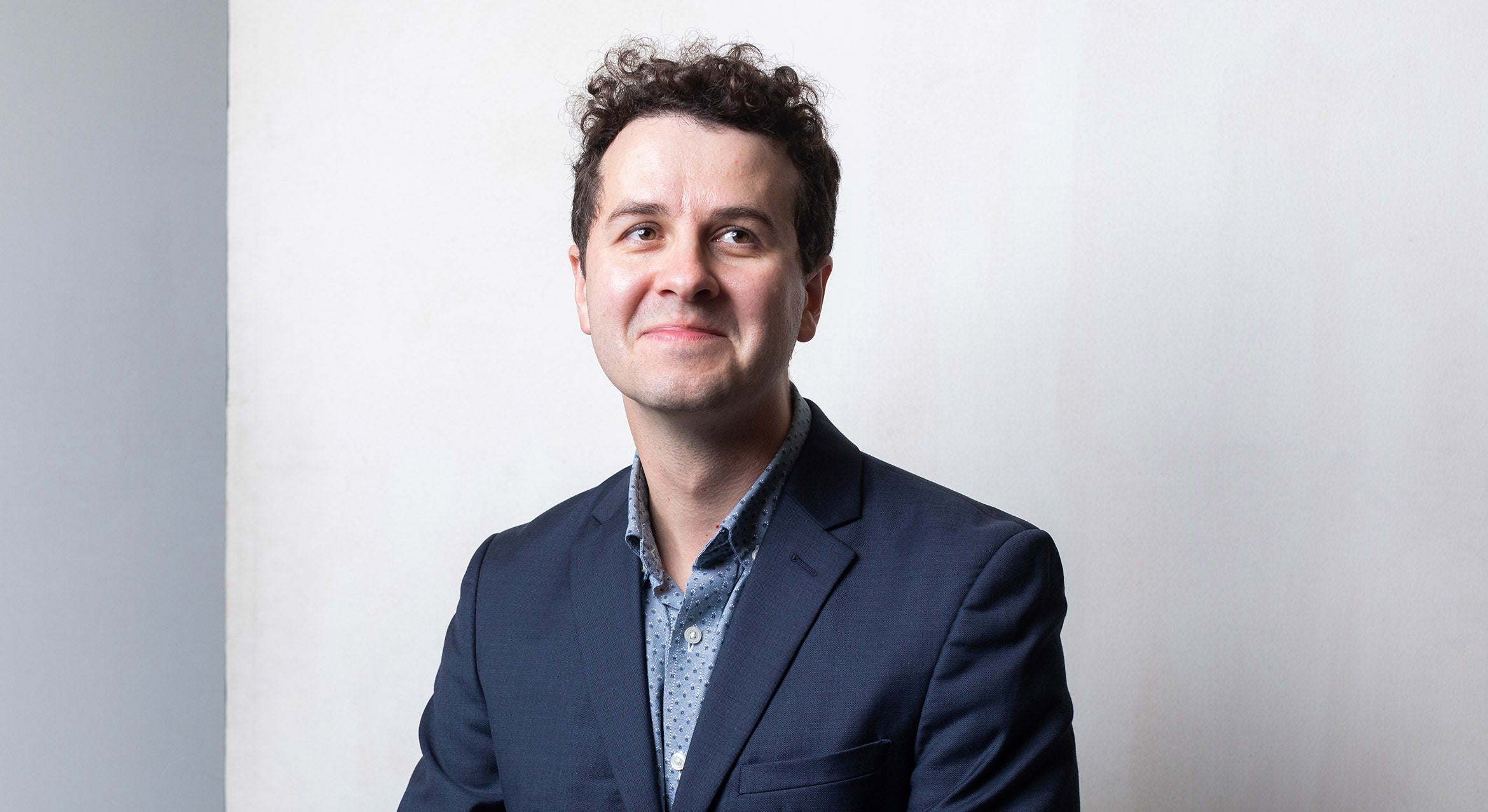The University of California, Santa Barbara has extended its jurisdiction over student conduct to include areas beyond the physical boundaries of the campus. This change will apply to cases where students are accused of sexual and other forms of serious physical abuse and assault, sexual harassment, stalking, and hazing. Previously, students accused of committing such offenses off campus were beyond the reach of UCSB disciplinary measures.
The change in the official Campus Regulations has gone through all campus approval processes and is now in effect. Full implementation, however, will begin with the start of the fall quarter in mid-September, when students are notified of the new policy.
"We see this as an important step that we can take to help ensure the health and safety of the UCSB community," said Chancellor Henry T. Yang. "Other campuses in the UC system have found that extending their jurisdiction in this way is a useful and effective tool."
Under the policy change, the Campus Regulations, which govern student conduct, will be in force for all UCSB students, no matter where they live or where any infraction covered by the extension of jurisdiction is committed.
The campus plans to exercise its new authority judiciously, reserving it "for the most egregious violations," said Michael D. Young, Vice Chancellor for Student Affairs.
"We come to such a policy with some reluctance, because we have serious concerns about involving the institution in the private lives of students and citizens," said Young. "But in very serious cases of this kind, we do have an obligation to protect the safety of the UCSB community, so it is important for us to assume this authority."
UCSB officials say that the policy is in no way intended to supplant the criminal justice system but to complement it in cases where more protection for members of the campus community is needed. The criminal justice system generally resolves most such issues, they note.
The extension of jurisdiction would come into play when the university received a formal complaint, be it from a law-enforcement agency or an individual. Punishment for violations of the Campus Regulations ranges from a warning to suspension for a specified period of time to outright dismissal. Students are also sometimes required to perform community service.
"This policy is a safeguard," said Yonie Harris, Dean of Students at UCSB. "We will use this when we feel that there is a need to provide extra protection to our community."
In considering whether to exercise off-campus jurisdiction, the revised Campus Regulations state that the following factors may be considered: "the seriousness of the alleged misconduct, whether the alleged victim is a member of the campus community, whether a crime has been reported to the criminal authorities, the risk of future harm involved, whether the off-campus conduct is part of a series of actions that occurred both on and off campus, and the ability of the University to gather evidence, including the testimony of witnesses."
Any decision on whether to bring a student up on charges of violating the Campus Regulations will be made by a campus committee made up of faculty members, students, and administrators.
Harris noted that the policy change was not a response to any particular incident or event. An extension of jurisdiction originally was suggested in a safety plan proposed in 1999 by the Associated Students, the student government at UCSB. After two years of extensive deliberations, including two public forums, the change in policy was recommended by the Campus Regulations Review Committee for final approval.
One year ago, UCSB extended jurisdiction for all offenses covered in the Campus Regulations to students living in university-affiliated private residence halls in Isla Vista, the community that borders the campus and where about half of all undergraduates live.



